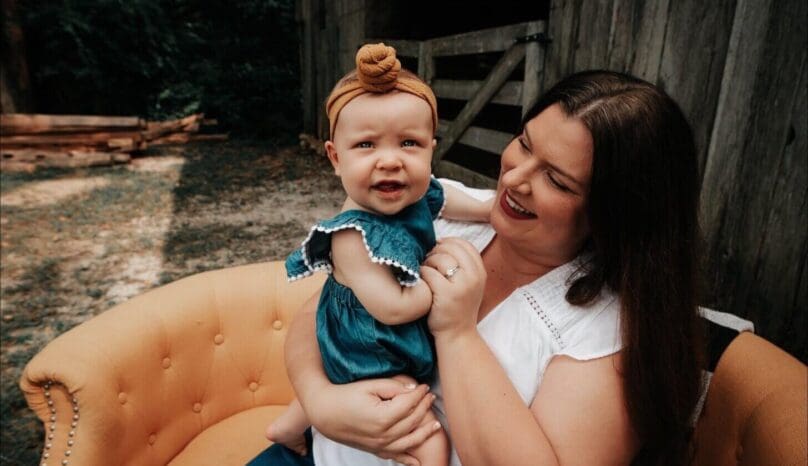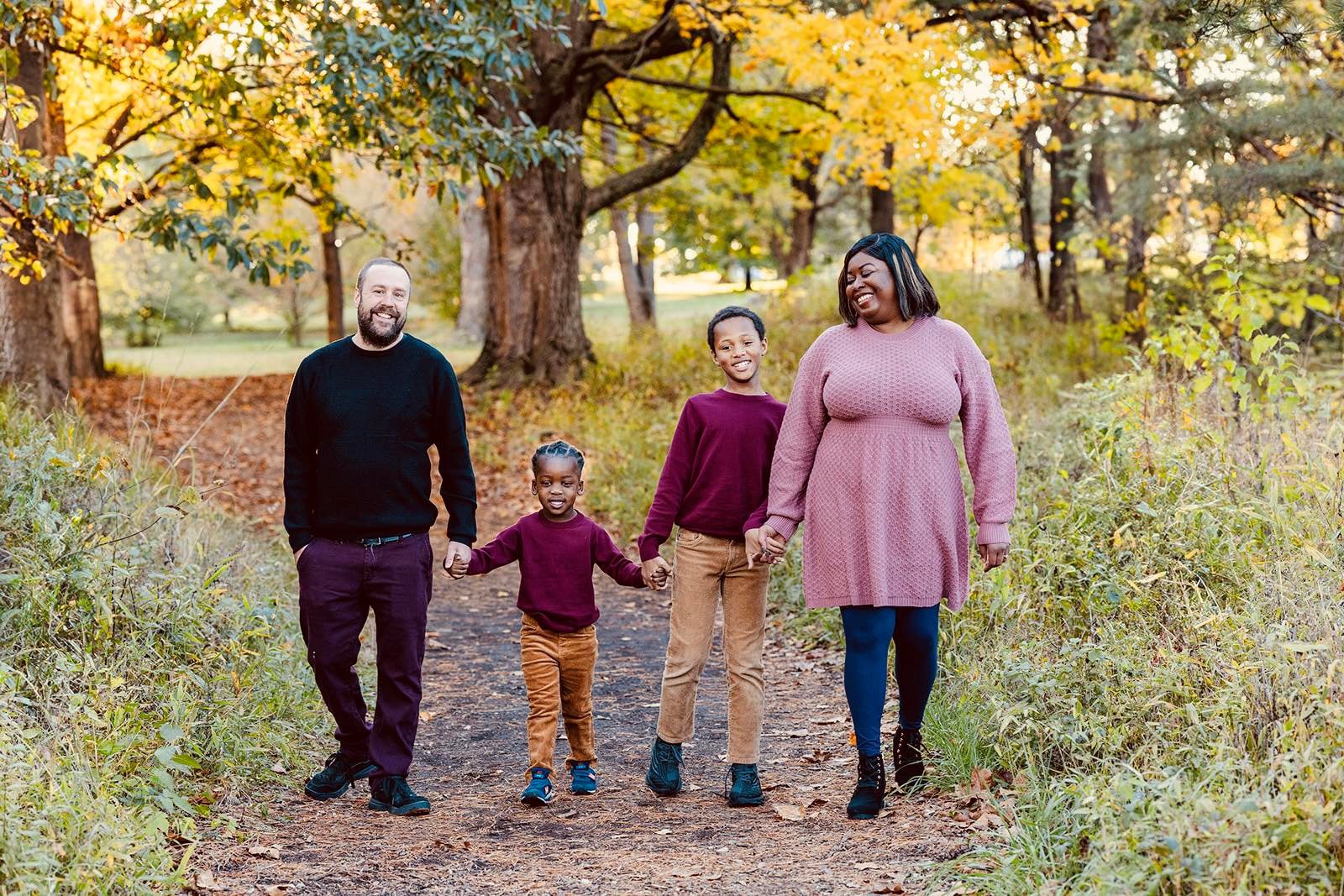In 2007, Jessica’s father passed away. Prior to his passing, his family was given the option to donate his organs and tissues. “When my dad was in the hospital, we had met someone from Mid-America Transplant and they had spoken to us about organ donation,” she says. “My brother and I were fairly young at the time, so we really didn’t know anything about organ donation. It was definitely an educational process just hearing what it was all about and how it impacts people. That’s how we became a donor family.”
Each year, hundreds of opportunities for transplants are missed because families aren’t sure what to do, in part because their loved one hadn’t made their wishes clear. Families are always consulted about organ donation first, and if the family objects to it and their loved one isn’t registered, it is not possible to proceed with organ donation. That is why it is so important to tell your family you’re a registered organ, eye, and tissue donor. Because her family said ‘yes’ to organ donation, Jessica’s dad was able to donate his liver, kidneys, and tissue, too. “We even received a letter from a recipient, and that was really cool, especially being a teenager going through grief myself,” she added.
Four reasons to talk to your family about organ, tissue, and eye donation
Why is organ donation important? And why is it imperative to share how YOU feel about organ donation? Because someday your family may be asked to make a decision to donate life to others. That discussion will be easier if they already know the answer. Here are four other reasons to tell your family of your wishes to become an organ donor.
- It makes the choice clear: It can be very difficult for a family experiencing a tragic loss to make a decision about organ donation. When faced with the reality of your passing, if your family doesn’t know your wishes, it could create a confusing situation during an emotionally sensitive time. Letting your family know that you have decided to be a registered organ, eye, and tissue donor can clear up any potential confusion. Having clarity beforehand can simplify their decision-making as they deal with an unimaginable loss.
- Your wishes are carried out as you wanted: When you make the decision to become an organ donor, the last thing you would want is for viable organs and tissues to not be used for transplant due to a lack of understanding on the part of your family members. Can family override organ donation? As a registered organ donor, you have granted legal authority for your organs and tissues to be recovered and used in transplant, when viable. At the time of your death, your next of kin will not be able to legally override your decision. However, information about your medical and social history is needed for donation to proceed. If your loved ones know your wishes, they are prepared with a course of action and can help make sure those wishes are fulfilled. They are then left with the legacy of how you continue to impact lives. “After my dad was able to donate organs and tissue, one of the recipient’s moms wanted us to know that the transplant her son received was amazing and that my dad’s gifts were changing lives. She told us she got her son back and she would be forever thankful to us,” Jessica says.
- Creates an open dialogue: A common reason people have reservations about organ donation is simply due to a lack of understanding of how it works; they don’t fully comprehend the benefits of organ donation, or why organ donation is important. By letting your loved ones know of your decision, it creates an open dialogue for your family to discuss, answer questions, provide resources, or debunk common misconceptions. The more everyone knows, the easier it is to get everyone on board with your decision.
- You can share the impact this has on people’s lives: Being exposed to organ donation early on inspired Jessica to pursue a career in organ donation. “Hearing those words in that letter from the recipient’s mom helped shape me as a person,” she says. “I went into social work in college and now work at Mid-America Transplant. Becoming a donor family really started a lot of that.” You never really know how your selfless decision to become an organ and tissue donor might change your life, your family’s, or those waiting for a miracle through transplant. Sharing stories like Jessica’s can inspire your family to want to become organ donors themselves. At the very least, it will let them know the potential impact your decision will have.
Why you should consider organ donation
If you want to or have already registered to become an organ donor, it’s important to talk to your loved ones to make sure they understand your decision. Whether you’ve joined the organ donor registry or not, talking to your family gives them the gift of knowing. In the past year alone, the incredible generosity of donors and their families touched the lives of thousands of people in need. In 2020, 815 organs were transplanted through the gifts of 278 generous organ donors, making it a remarkable year for saving lives. By registering as an organ or tissue donor, you can bring hope to patients and families who are holding out for a miracle. Sign up for the donor registry and increase the chance that patients waiting will get the transplants they need and get the chance to witness the benefits of organ donation first-hand.



